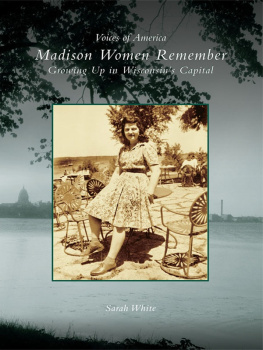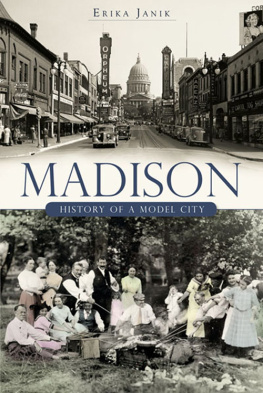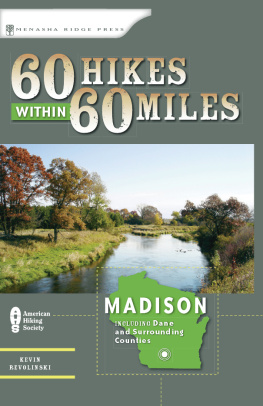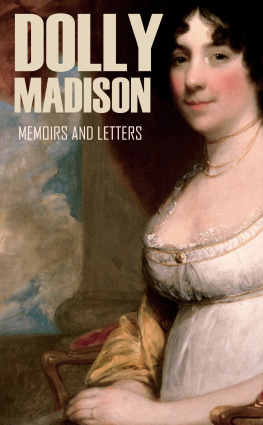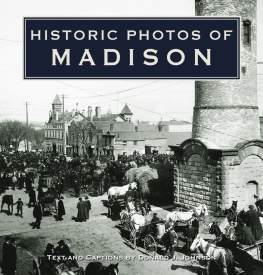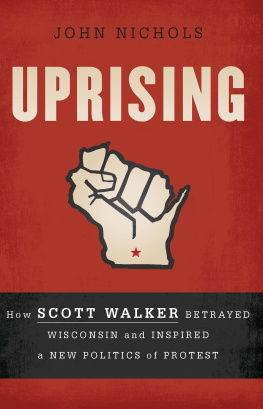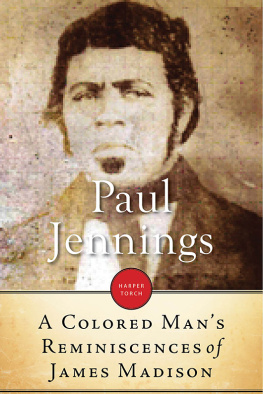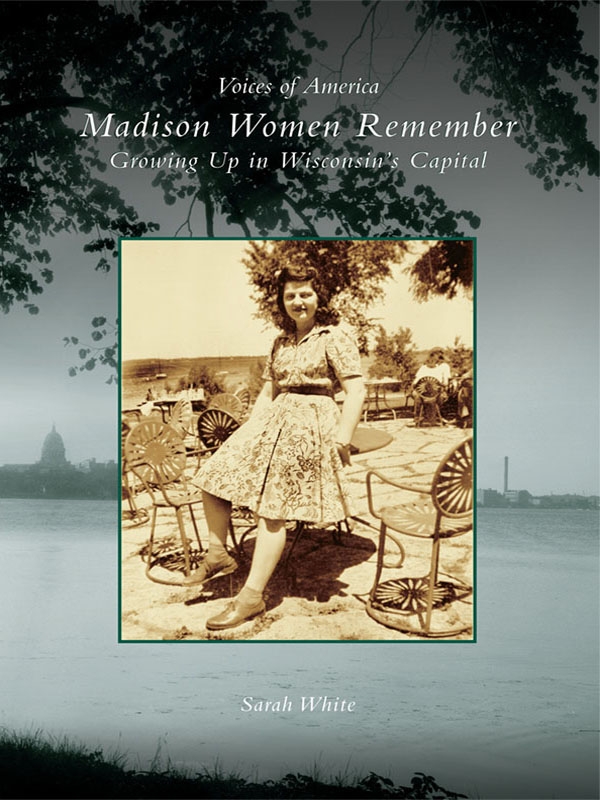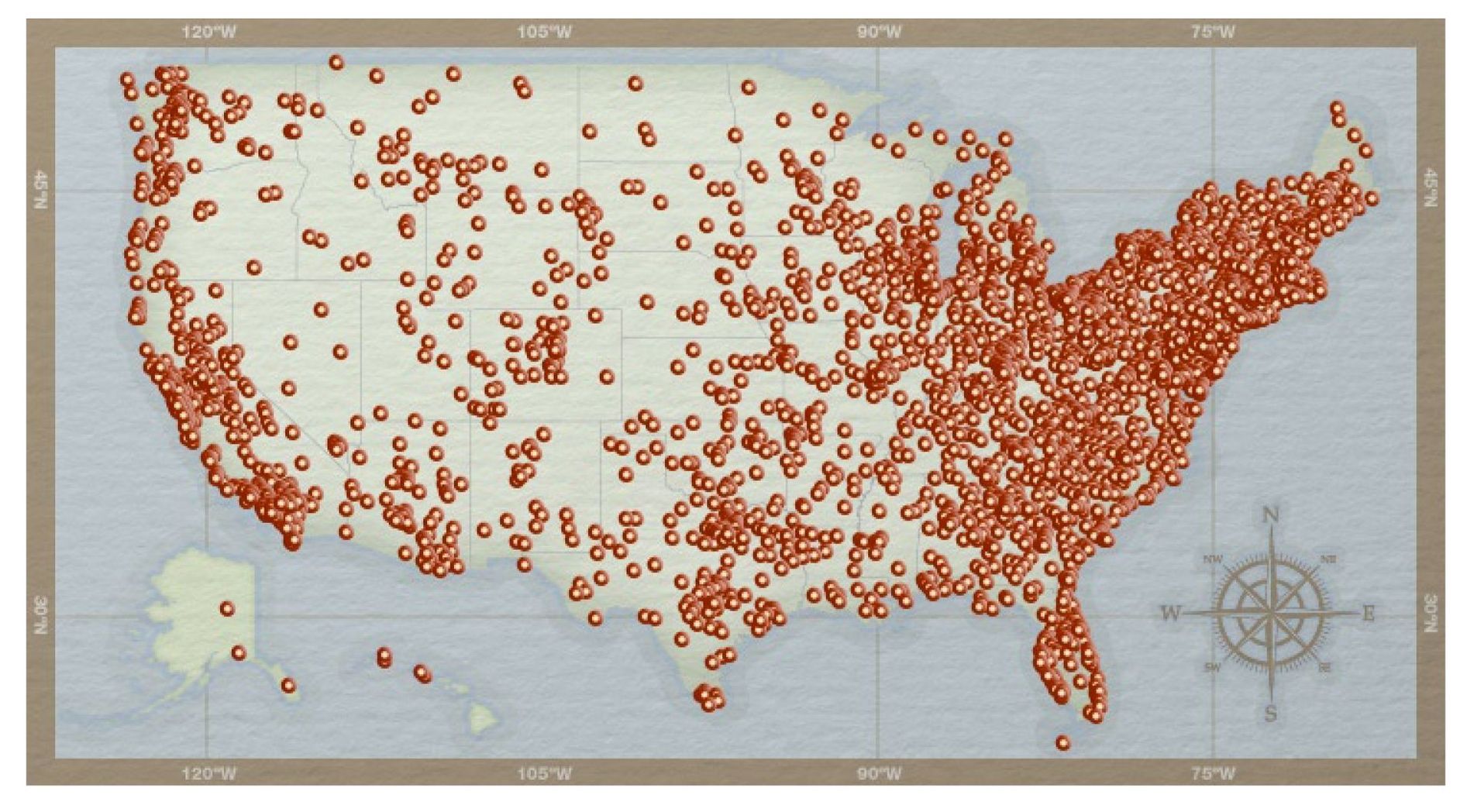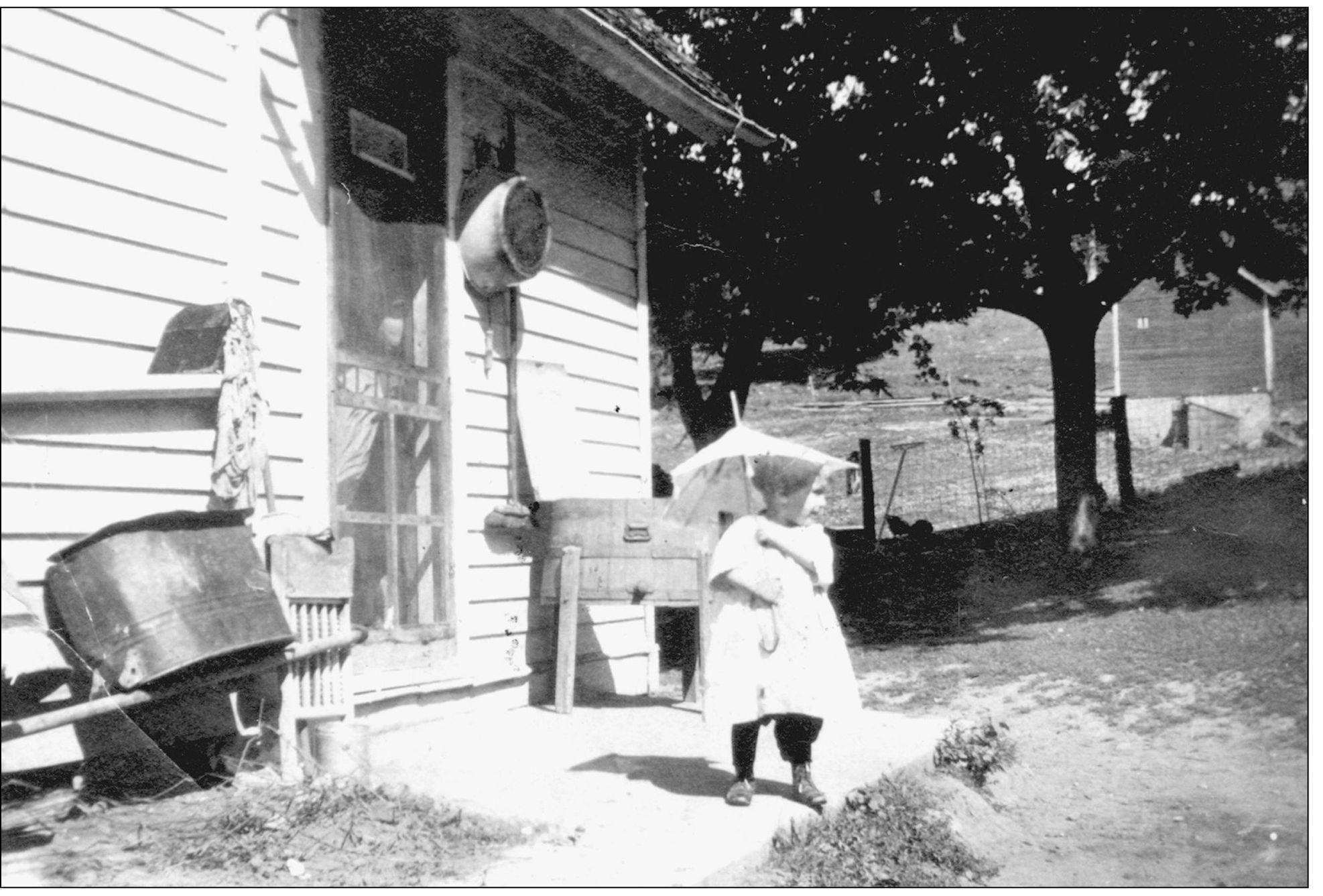ACKNOWLEDGMENTS
Innumerable people deserve my thanks for their contributions to this book. There will surely be some I forget and will be apologizing to by the time you read this. Foremost, of course, thanks are due to my husband Jim, who provided all kinds of support so I might keep to the tight schedule Madisons approaching sesquicentennial imposed on this project. My mother Jean White of Sarasota, Florida, and my sister-in-law Lizette White of Austin, Texas, provided tremendous assistance with transcribing and editorial review. It was a surprise and a delight to find myself collaborating closely with my own family on this book about my adopted home.
I extend my thanks to my advisors Ann Waidelich, David Mollenhoff, and Ray and Star Olderman, for their wise counsel.
More thanks are due to the people who referred potential narrators my way: Cathy Fleming, Anita Hecht, Catherine Tripalin Murray, Anne Short, and others.
I enjoyed tremendously getting to know the narrators who contributed their stories to this book: Ruby Helleckson Hubbard, Helen Blazek Richter, Anne Stassi Bruno, Rosemary McGilligan McDermott, Anita Daitch Parks, Donna Lappley Fisker, Jackie Gregory Mackesey, Winnifred Winnie Lottes Lacy, Margaret Brink Ingraham, Beverly Mickelson Fosdal, Susan Schmitz, and Regina Rhyne. To each of you, my warmest thanks.
Others who were instrumental to this books process include Hallie Lou Blum, Michael Bovre, Mark Gajewski, Marilyn Gardner, David Giffey, Julie Tallard Johnson, Gary Tipler, Bill Patterson, and the staff of the Wisconsin Historical Society Image Archives. Thank you all.
My thanks go to Arcadia Publishing for accepting the book proposal and to Ann Marie Lonsdale for editing. More thanks go to the Madison Arts Commission for supporting my oral history project with a sesquicentennial grant.
To you, the reader, go my closing thanks. You chose to pick up this book, and I hope you find it worth your while.
AFTERWORD
I hope you have enjoyed spending time with my newfound friends: Ruby, Helen, Anne, Rosemary, Anita, Donna, Jackie, Winnie, Margaret, Beverly, Susan, and Regina. I am grateful for all I have learned from them in the course of the conversations that went into this book.
I hope above all that I have conveyed the respect these women feel for their mothers. Almost all of the women I interviewed said to me, at one time or another, I want you to know how hard my mother worked. These women form a link between generations, experiencing a wider world, and one with much less manual labor, than their mothers knew.
From Rubys afternoons in 1926, spent helping her mother take care of their boarders, to Susan in 1956, free to play retail with her sisters, we watch women move beyond the daily cycle of chores that tied them to small horizons. From Anne, who was not allowed to swim or ride a bike, to Winnie moving into an apartment on her own, to Reginas firsts in education and employment, we watch womens freedom expand and we see that this progress is good.
But what have we lost as we have moved forward? These women miss the prettier, friendlier, greener place that was the Madison they grew up in. They are nostalgic for a time when family spent more time together.
All are sad about the demise of the Downtown retail experience that was such a vibrant part of Madison life. They fondly remember certain stores and the friendly, knowledgeable service they received there.
As I reflect on these womens stories, I see one aspect of Madison that seems unchanged and unlikely to change, an aspect I deeply appreciate. Madison has always welcomed different people and offered them an opportunity to succeed as part of our community. The waves of immigrants arrivewhether from near or farfind their places in the fabric, and get to work improving their prospects. While I am sorry I never saw the original Greenbush neighborhood, I like it that Annes Greenbush becomes Reginas Bayview, a neighborhood that retains its purpose of welcoming and blending its residents into the larger community.
I love it here, even more so now that I have the perspective of these womens memories. I hope you do too.
Find more books like this at
www.imagesofamerica.com
Search for your hometown history, your old
stomping grounds, and even your favorite sports team.
One
RUBY HELLECKSON HUBBARD, TENNEY-LAPHAM NEIGHBORHOOD
My name is Ruby Esther Helleckson Hubbard. I was born in 1915 on a farm in Mount Horeb. I lived at 940 East Mifflin from the time I was seven (1922) until I was married in 1934, and before long I was living next door, and I still live in that same house today.
My earliest memory comes from when the First World War was over. When the men came home they would walk up and down the street, greeting each other, I suppose in disbelief that they really got back.
Family life around the home
I was the second-oldest. I had an older brother, Carmen, then myself, then my sister Laurene, then my brothers Palmer, Burnett, and Duane. My sister and I had the back bedroom, and the boys had the front bedroom. When it was hot we used to sleep on the porch.
We had a water heater in the bathroom. Before you took a bath, you would turn on the gas underneath it, and then when you got to taking a bath, you would shut the heater off. You could not let it run all the time. In the kitchen you had to heat water on the stove. We had those big old teakettles.
We did not have an automatic washer. We had a big tub machine with electric motors and wringers. It had two tubs to fill with cold water to rinse clothes. If the water was too hot, we used a broom handle to take clothes out. Then we would rinse in the first cold water, then run through the wringer into fresh cold water in the last tub. Then we put the clothes in a basket and carried it outside to the clothesline where we left them to dry. After that we folded some, and the rest we had to iron. At first we used a flat iron that we had to put on the stove and heat. Later the irons were electric.
We heated with coal. We had a coal room in the basement, next to the furnace. Coal was delivered by truck through a window that opened onto the driveway. His truck had a chute that fit in the window that they pushed the coal down.
Family get-togethers in Mount Horeb
Dad used to take us to my Grandpas every Sunday in Mount Horeb. My dad was the first one in Mount Horeb to have a car. Ours had side curtains, no rolling windows. The top would roll back. And then if it was real hot, they would take the curtains off.
We really loved the farm. On Sundays, the minister would always come. Every time there was a holiday, the whole family would get together at one place. You would have to set the table up twice or three times, because there were so many of us there.
When we went to the farm, we had to carry buckets full of water downhill from the pump. We would start out with a full bucket but only have half when we got to the bottom. The outhouse had two holes for seats. We used the Sears catalog for toilet paper. It was not glossy then. It was softer paper, like a newspaper.

